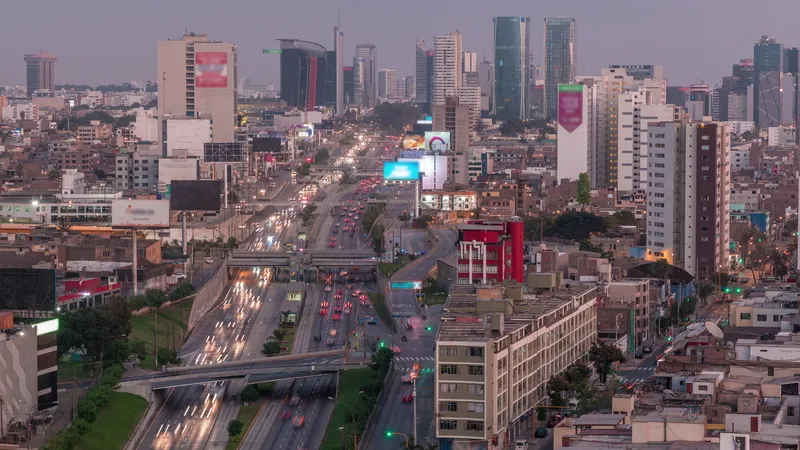
Congress delegates have the chance to see how traffic news gets onto the radio as
Also on the stand are examples of other innovations the company is introducing such as an app that drivers can use to determine how alert they are before they start their journey.
To prevent potential problems if roadwork signs are not visible, the company is displaying a smart sign it is currently evaluating. Once positioned and primed, the portable sign will send a signal if it is moved or falls over to alert the maintenance crew of its need of attention.
Environmental considerations are another big consideration for Vinci and it is not only encouraging car-pooling but by the end of this year will have installed 70 electric vehicle charging points along the 4,400km of French motorways it operates.









